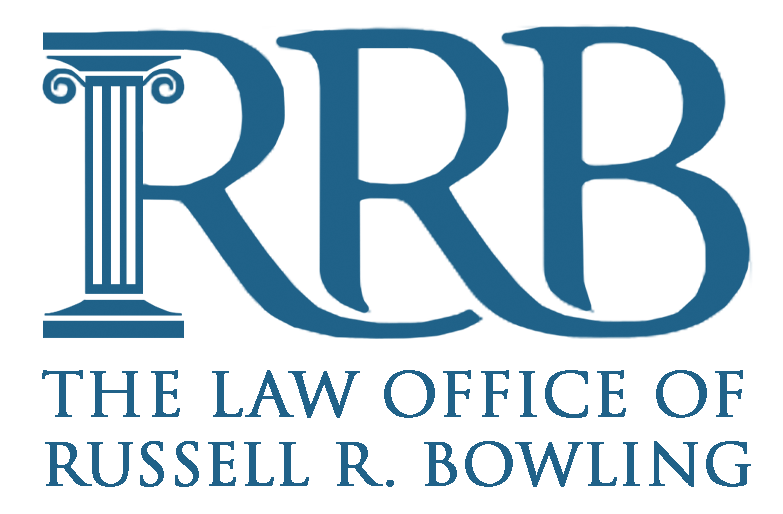ARTICLES & FAQs
Q. What is the difference between SS and SSI?
Both Social Security Disability (SSD) and Supplemental Security Income (SSI) benefits share the same eligibility criteria for disability: the inability to work at a suitable job continuously for a period of twelve (12) months or longer. SSD benefits, also known as Title II benefits, are determined based on the amount of Social Security taxes you have paid into the system during the ten (10) year period before becoming disabled. Generally, Social Security benefits are higher than Supplemental Security Income benefits. Moreover, dependents of Social Security recipients may also be eligible for benefits. Even if your dependents do not live with you, it is important to report their existence to the Social Security Administration.
On the other hand, Supplemental Security Income benefits, also referred to as Title XVI benefits, are determined based on financial need. You may qualify for Supplemental Security Income benefits even if you have never worked or paid Social Security taxes throughout your life. When you apply for benefits, the Social Security Administration will assess your eligibility for either Social Security Disability or Supplemental Security Income. In certain cases, you may be eligible to receive both Social Security Disability and Supplemental Security Income benefits.


